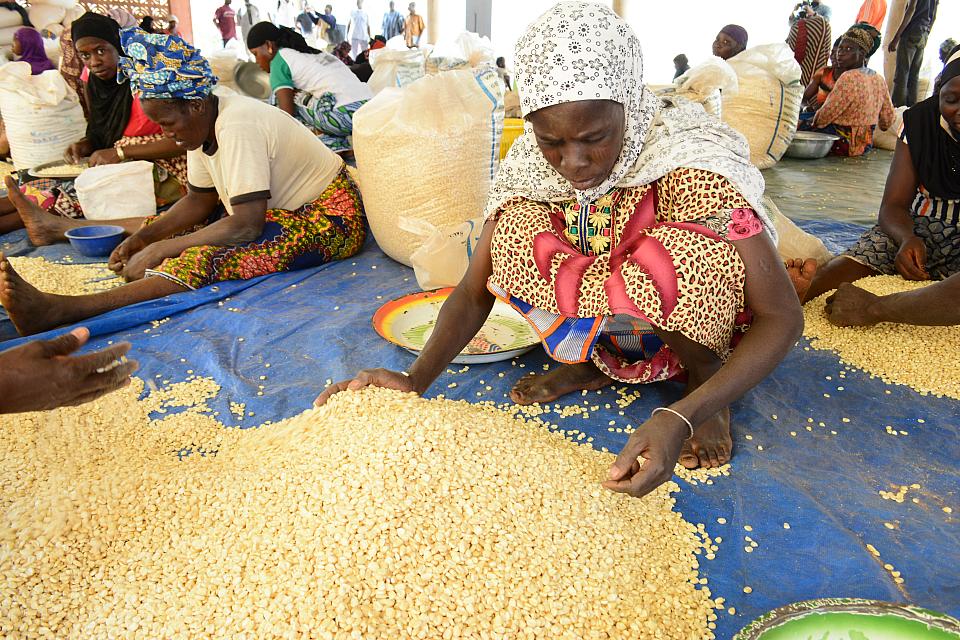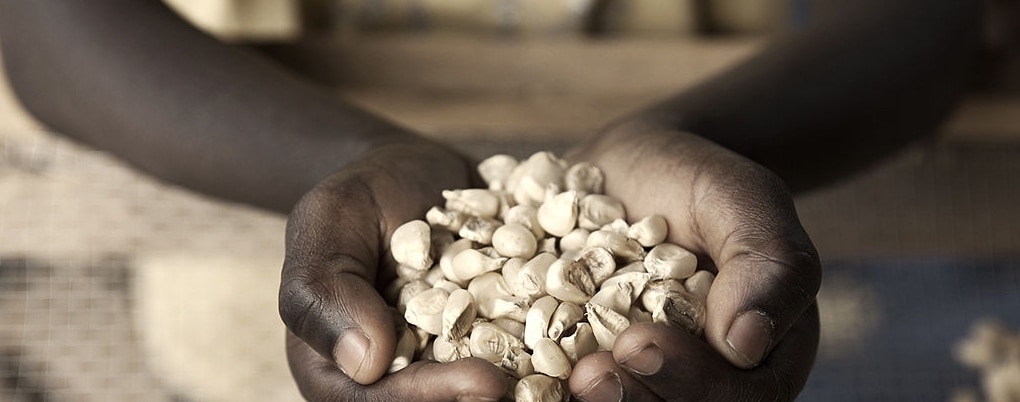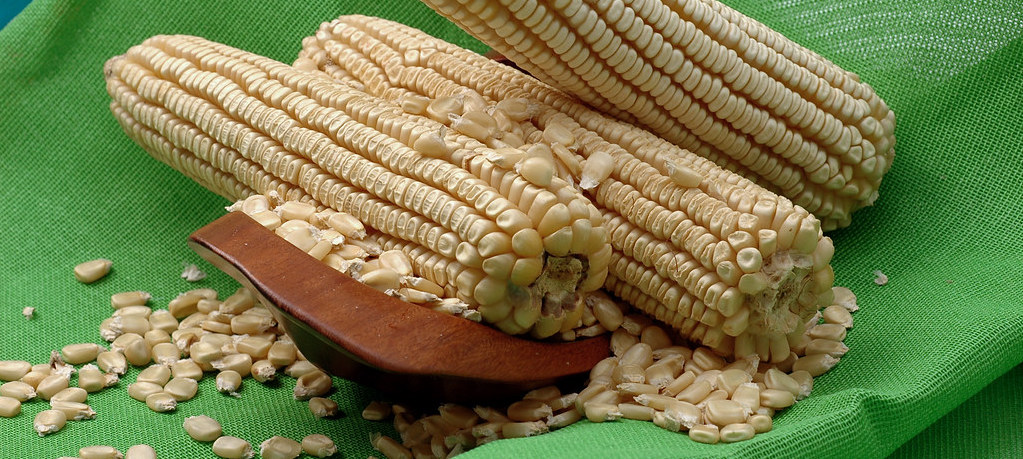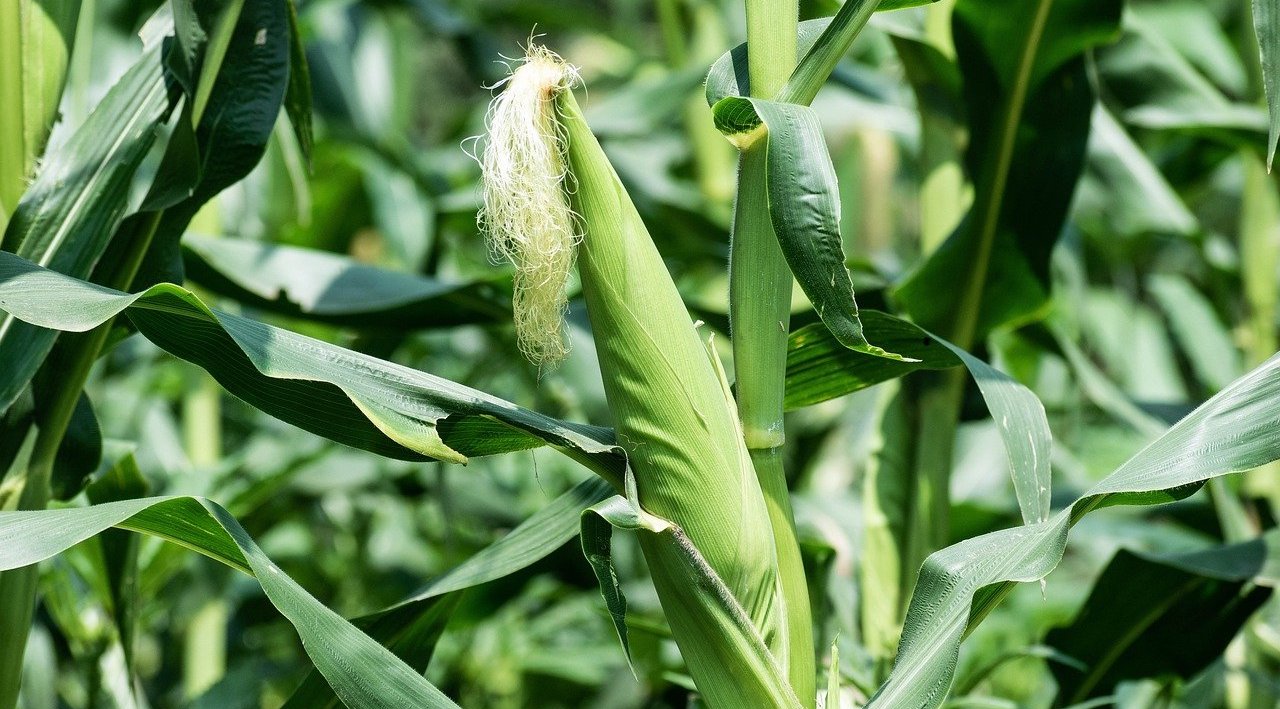How do you like your maize? Grilled or roasted?
This is a conversation you are likely to have with a Tanzanian maize farmer if you visit Kasulu District, Kigoma Region. The connoisseurs are adept at texture, weight on the cob, color and why it is preferred over another variety.
They are the centerpiece in Kilimo Tija Project, an AGRA partnership with 170,000 farmers, the Government of Tanzania and a consortium of five organizations to increase staple food production, incomes and livelihoods in Kigoma Region. Translated from the Kiswahili language into English, Kilimo Tija describes the shift to a productive, profitable and solution-based agriculture.
AGRA is also involved in scaling up system and farmer level initiatives in selected priority agro-economic zones as well as enhancing supply chain efficiency through effective agribusiness deal-making platforms. By strengthening the agricultural inputs system, technology development, and supply chain in Kigoma Region these multi-faceted interventions are making a difference for farmers.
Maize is one of the leading food crops, registering the highest consumption in the region. According to the profile by the regional government, the soils throughout the region are suitable for maize growing. However, yield improvements are expected with improved seed, fertilizers and good agronomic practices.
The current best-seller amongst agro-dealers is DKC 90-89, distributed by Monsnto Tanzania. Popular among farmers, this variety is sought after for its compact cob and high yield. After processing into ugali flour, it does equally well for the market.
Under ordinary farmer practice, the expected yield is about 18 bags per acre. However, when optimal husbandry practices are employed the yield nearly triples to 44 bags per acre. At the same time, the variety, requires less rainfall to mature. Previously, farmers using traditional seeds were considered fortunate if they managed to harvest four bags in an acre.
Francis Daniel Msoge, a pioneer farmer trained by Nyakitonto Youth for Development, Tanzania (NYDT), one of the partners in the AGRA consortium, said the whole process had been an eye-opener. The widespread awareness and a marked demand for improved seed varieties, fertilizers and good crop husbandry practices has transformed subsistence practices into productive ventures with a commercial value beyond food security.
“Roasted maize is fun to prepare and eat, but I am smarter,” he added, “ I can make much more money producing more of the crop and going to market.”
NYDT mobilized 38 farmer groups to start demonstration farms managed by themselves under strict supervision from trained extension officers. Msoge’s Tuiikongoje Group, has witnessed a gradual change in the members’ understanding about the challenges and opportunities they encounter.
“The project has helped us to value the new agricultural technologies like seeds and fertilizers available to us and how to go beyond farming for food to farming for business,” he added.
Ms Mary Duleta from Kanazi Village, is also a member of Tujikongoje Group. “I am in the first season and after applying the lessons I learnt from the demonstration plot, I expect a bumper harvest,” she said.
She was impressed by the weight and fullness of the DKC 90-89 variety, but also learned that achieving the excellent results required investments in other inputs including fertilizers.
A home-grown Tanzanian seed company, Meru Agro produces and distributes high performance seeds for Kigoma Region, which are “sweet” to roast or grill. The Meru Agro Hybrid maize 515 takes three months to mature and output under improved agriculture is 35 sacks each at 100 Kg, said Mr. Gwamaka Mlekwa, a representative of the company.
Ms Senate Mateo, a farmer from Kanazi, Kasulu District said the implementation of the Kilimo Tija project had benefited her greatly as she now saw herself as an efficient agribusiness. However, she hoped to tap into the potential linkages to markets.
Mr. Charles Makule, a grain processor and owner of Kitutu Enterprises based in Kasulu agreed that the project had given maize farmers, the confidence they needed to transform from peasant-farming to agribusiness.






